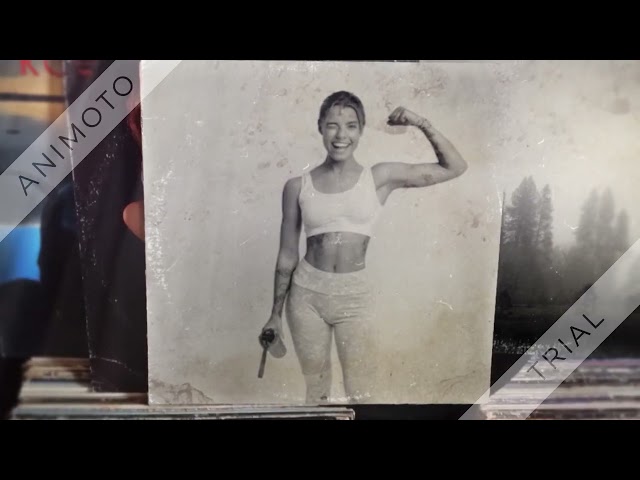
The date was February 16, 2009, and it marked a turning point in the life of 55-year-old Charla Nash. A visit to her friend’s home in Stamford, Connecticut, ended in unimaginable horror when Travis, a 200-pound chimpanzee considered a pet by his owner, Sandra Herold, attacked her. Nash had come to help Herold bring Travis inside, not anticipating the violent chaos that would soon unfold.
Initially, it seemed like a benign situation. Charla, who had known Travis for years, was holding an Elmo doll—one of the chimp's favorite toys. However, the moment Travis saw her, something shifted. A question that haunts many is: why did Travis react so violently that day? In a moment of frenzy, he leaped at Charla, inflicting catastrophic injuries that would change both their lives forever.
“I didn’t think he would hurt me,” Nash recounted in an interview. The swift, brutal attack left Nash with severe injuries, including the loss of her nose, lips, eyelids, and hands. The full extent of what transpired that day became evident in the aftermath as she was rushed to the hospital.
The injuries Nash sustained were not just physical; they marked the onset of a long, psychological battle. As she fought for her life, undergoing multiple surgeries, questions about animal ownership laws and the safety of keeping chimpanzees as pets began to surface in public discourse.
By 2011, Nash had undergone a remarkable face and hand transplant at Brigham and Women’s Hospital, a pioneering procedure performed by a team led by Dr. Bohdan Pomahac. This surgery transformed her appearance and provided a semblance of normalcy, but the journey was far from easy. Nash would have to learn how to use a prosthetic hand while navigating her new reality. “I want to be happy,” she expressed, focusing on the future and the possibility of regaining her independence.
Fast forward to 2024, and Charla Nash, now in her 60s, continues to inspire others with her resilience. While life has presented her with unimaginable challenges, she remains a beacon of strength. Scarring from the attack is evident, and she faces the world with a hard-earned courage that few could comprehend. Nash has even taken on a role as a research subject to aid veterans with similar challenges, exemplifying her unwavering spirit and commitment to helping others.
The societal conversation surrounding animal ownership changed dramatically due to Nash’s tragedy, prompting discussions about the ethics of keeping wild animals as pets. Highlighted by the courtroom battles and subsequent media focus, the case raised crucial questions about animal safety and human accountability.
In public appearances, including an emotional segment on the ‘Today Show,’ Nash shared her thoughts about forgiveness and healing. “I try not to hold onto anger because it only hurts me,” she stated, revealing her profound understanding of resilience. Surviving such a traumatic experience, she focused on moving forward, not dwelling in the past.
For many, the story of Charla Nash serves as a reminder of the delicate balance between humans and animals. Her tragic encounter with Travis brought attention to important issues, such as the unpredictability of even the most domesticated animals. As people look back at the events of that fateful day, the impact continues to resonate. Nash’s journey demonstrates the strength of the human spirit in the face of adversity, and her ability to not only survive but thrive is an inspiration.
As the years progress, the question remains: how does one navigate life after such trauma? For Charla Nash, it means embracing each day with gratitude and focusing on the legacy she wishes to leave behind—not just of survival, but of hope and resilience.







